Cell and Tissue Engineering
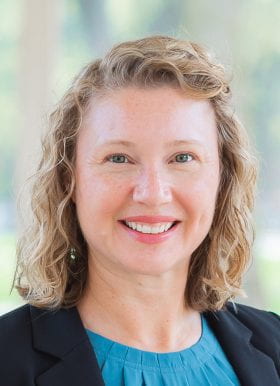
Jennifer Alexander-Brett, MD, PhD
Assistant Professor, Department of Medicine, Division of Pulmonary & Critical Care Medicine
- Email: jalexand@wustl.edu
The Alexander-Brett Lab integrates mucosal immunology, epithelial stem cell biology and protein biochemistry to investigate the role of stromal-immune intercellular crosstalk via extracellular vesicles in driving chronic lung disease pathogenesis.

David Alvarado
Assistant Professor, Surgery
- Email: alvaradodm@wustl.edu
My research focus is on the affect of human genetic variation on response to environmental stimuli, also known as gene-by-environment interactions. I am particularly interested in variants affecting the aryl hydrocarbon receptor (AHR) pathway in the development and progression of inflammatory bowel disease (IBD).
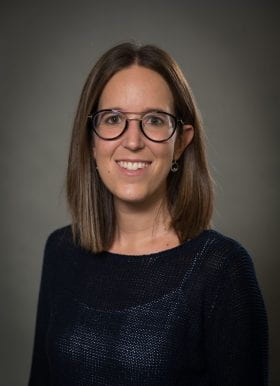
Farners Amargant i Riera, PhD
Assistant Professor of Obstetrics & Gynecology
- Email: farners@wustl.edu
The Riera Lab uses a multidisciplinary approach to investigate how biochemical and biomechanical signaling from the ovary regulates folliculogenesis and oocyte quality, and whether these mechanisms are altered in reproductive-associated diseases such as PCOS and aging.
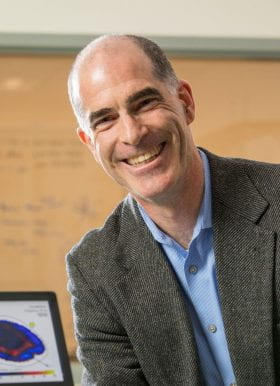
Philip Bayly, PhD
The Lilyan & E. Lisle Hughes Professor and Chair of Mechanical Engineering
Department of Mechanical Engineering and Materials Science
- Email: pvb@wustl.edu
The Bayly lab studies dynamic, mechanical phenomena in biomedical systems, including cortical folding and tissue mechanics in traumatic brain injury.
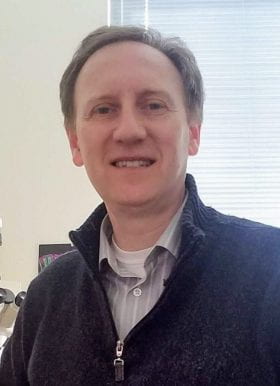
Mikahil Berezin, PhD
Associate Professor, Radiology
- Email: berezinm@wustl.edu
Research in the Berezin lab is focused on peripheral nerve imaging and understanding the mechanism of chronic pain and peripheral nerve degeneration in cancer patients. They also work to design image guided grafts for nerve restoration.
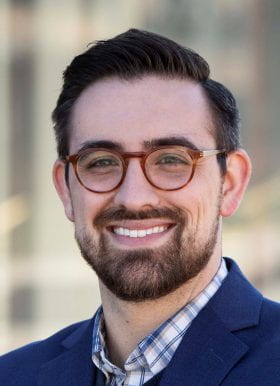
Matthew Bersi, PhD
Assistant Professor, Mechanical Engineering & Materials Science
- Email: mbersi@wustl.edu
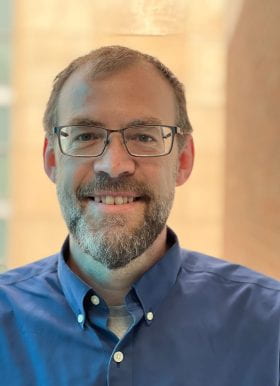
Thomas Brett, PhD
Associate Professor, Department of Medicine, Division of Pulmonary & Critical Care Medicine
- Email: tbrett@wustl.edu
The Brett Lab investigates the molecular mechanisms of chronic inflammatory lung disease and Alzheimer’s disease. We use structural, biophysical, model human tissues and complex cell co-culture models to investigate muco-obstructive diseases like cystic fibrosis and COPD. We also use structural, biophysical, and relevant human cellular models to investigate how microglial receptor-ligand interactions contribute to microglia function and neurodegeneration.

David Brogan, MD
Assistant Professor, Orthopedic Surgery
- Email: brogand@wustl.edu
Dr. Brogan’s research focuses on peripheral nerve injury and regeneration, using stem cells and 3D printed scaffolds as therapies.
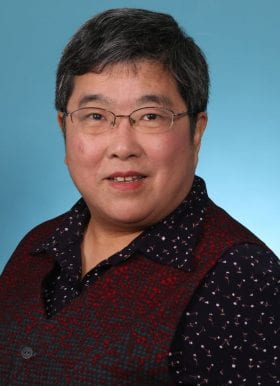
Shiming Chen, PhD
Dr. Bernard and Janet R. Becker Distinguished Professor, Ophthalmology and Visual Sciences
- Email: chenshiming@wustl.edu
The Chen Lab studies the molecular mechanisms controlling photoreceptor gene expression during photoreceptor development and maintenance in the mammalian retina, and how genetic mutations cause gene mis-regulation and defects in the function and survival of the photoreceptor neurons. They particularly focus on photoreceptor-specific transcription factors, such as CRX. Their ultimate goal is to develop therapeutic strategies for treatment.
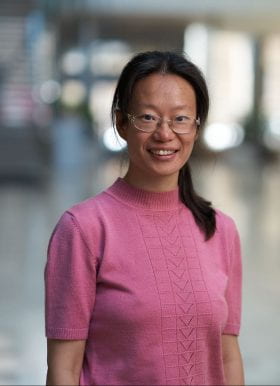
Yao Chen, PhD
Assistant Professor, Department of Neuroscience
- Email: yaochen@wustl.edu
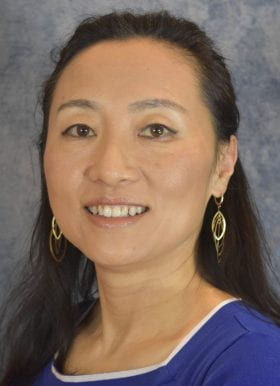
Xiaoxia Cui, PhD
Associate Professor and Director, Genome Engineering & Stem Cell Center
- Email: x.cui@wustl.edu
Dr. Cui directs the Genome Engineering & Stem Cell Center at Washington University. The GESC’s mission is to empower its users with access to the most up-to-date technologies in the fields of gene editing and stem cells and enable the creation of research models best fit for the unique need of each lab.

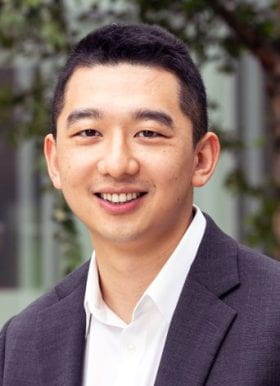
Yifan Dai, PhD
Assistant Professor, Biomedical Engineering
- Email: dyifan@wustl.edu
The Dai Lab focuses on exploring the physical chemistry of biology to understand how chemical functions are encoded in biological soft matter. Their goal is to use fundamental capabilities of synthetic biology to design smart medicine capable of sensing and responding to cellular states for the improvement of human well-being.
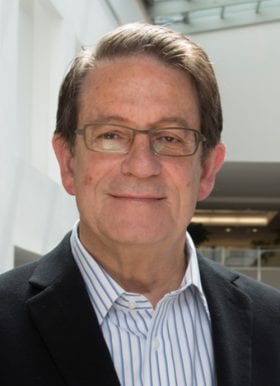
John DiPersio, MD, PhD
Virginia E. & Sam J. Golman Professor of Medicine
Department of Medicine; Chief, Division of Oncology
- Email: jdipersi@wustl.edu
The DiPersio lab studies the mechanisms underlying leukemia, hematopoietic stem cell mobilization, and graft vs. host disease.
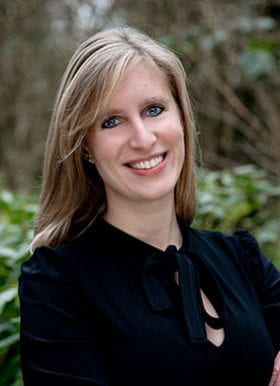
Naomi Dirckx
Assistant Professor, Orthopedic Surgery
- Email: dirckx@wustl.edu
My lab studies the role of the citrate transporter SLC13A5 in bone mineralization throughout growth and aging, as well as the systemic implications of altered citrate partitioning in skeletal tissues by targeting osteogenic citrate metabolism.
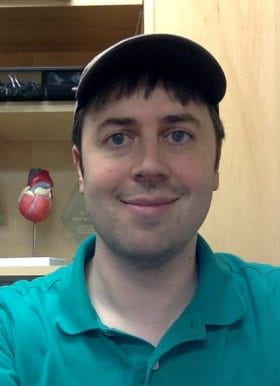
Michael Greenberg, PhD
Associate Professor, Biochemistry and Molecular Biophysics
- Email: greenberg@wustl.edu
The Greenberg lab studies familial cardiomyopathies, the leading cause of sudden cardiac death in young people, using an array of techniques, including stem cell technologies, tissue engineering, and genome editing.

Jianjun Guan, PhD
Professor, Mechanical Engineering and Materials Science
- Email: jguan22@wustl.edu
Research in the Guan Lab is focused on creating biomaterials for tissue regeneration and drug delivery.

Farshid Guilak, PhD
Co-Director, Center of Regenerative Medicine; Mildred B. Simon Professor of Orthopedic Surgery; Director of Research, Shriner's Hospitals - St. Louis
- Email: guilak@wustl.edu
The Guilak Lab is pursuing a multidisciplinary approach to investigate the etiology and pathogenesis of osteoarthritis, as a basis for the development of new pharmacologic and stem cell therapies.
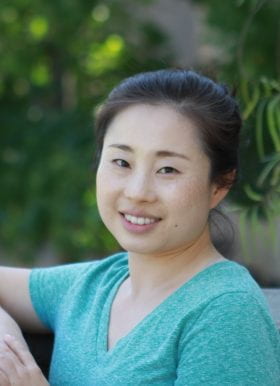
Claudia Han
Assistant Professor, Pathology and Immunology
- Email: claudiah@wustl.edu
We are interested in understanding the epigenetic mechanisms underlying the immune system’s contribution and response in neurodevelopmental and neurodegenerative diseases. We utilize both mouse and stem cell derived models.

Nathaniel Huebsch, PhD
Assistant Professor, Biomedical Engineering
- Email: nhuebsch@wustl.edu
Professor Huebsch's research focus is in basic and translational stem cell mechanobiology, with specific focus on hydrogels to control cell-mediated tissue repair, and 3-D models heart-on-a-chip models derived from human induced pluripotent stem cells.

Sanjay Jain, MD, PhD
Associate Professor, Division of Nephrology, Department of Medicine
- Email: sanjayjain@wustl.edu
The Jain lab studies the molecular and cellular mechanisms that regulate maintenance, differentiation and function of kidney progenitors in normal development and disease states.
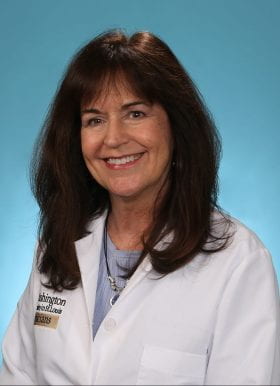
Peggy Kendall, MD
Professor and Chief, Division of Allergy and Immunology, Department of Medicine
- Email: peggy.kendall@wustl.edu
The Kendall Lab works on B Lymphocyte tolerance in autoimmune diseases, including Rheumatoid arthritis, Type 1 diabetes, and Systemic sclerosis. They also study allergic diseases, including food allergy.
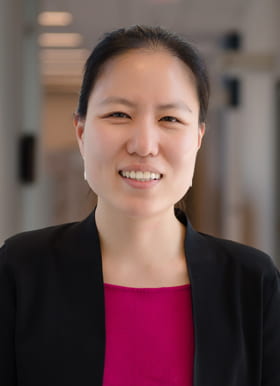
Miriam Kim
Assistant Professor, Oncology
- Email: miriamykim@wustl.edu
Focused research on rational manipulation of human hematopoietic cells for the treatment of disease by combining genetically engineered hematopoietic stem cells and chimeric antigen receptor T cells for therapy of acute myeloid leukemia.
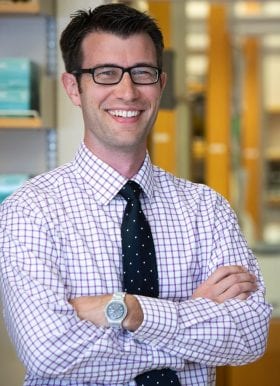
Spencer Lake, PhD
Associate Professor, Mechanical Engineering and Materials Science
- Email: lake.s@wustl.edu
The Lake lab studies the biomechanics and structure-function relationships of soft tissues and how these change in injury and disease.
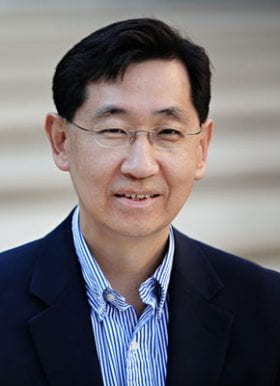
Jin-Moo Lee, MD, PhD
Andrew B & Gretchen P Jones Professor. Chairman, Department of Neurology
- Email: leejm@wustl.edu
The Lee Lab is engaged in translational research to investigate cellular and molecular mechanisms involved in acute and chronic brain injury, with a focus on ischemic stroke and Alzheimer’s disease. An additional focus of the lab is neuroplasticity and brain repair after stroke. A major motivation of the lab is to identify strategies and targets for mitigating brain injury and enhancing brain repair after injury.
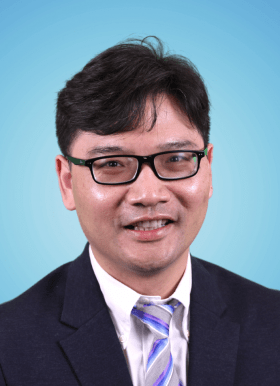
Xiaowei Li, PhD
Assistant Professor, Department of Surgery, Division of Plastic Surgery
- Email: xiaoweili@wustl.edu
The Li lab is developing biomaterials platforms for regenerative medicine, with specific interest in applications of biomaterials for angiogenesis and vascularization, stem cell engineering, and central nervous system and soft tissue regeneration.

Robert Mecham, PhD
Alumni Endowed Professor of Cell Biology and Physiology
- Email: bmecham@wustl.edu
The Mecham Lab studies how the extracellular matrix influences tissue development and regulates growth factor signaling.
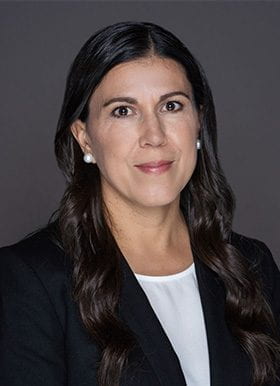
Isabel Menendez, DVM, PhD
Assistant Professor of Orthopedic Surgery
- Email: mimenendez@wustl.edu
Dr. Menendez uses preclinical multimodal imaging technologies for biomarker discovery in orthopedic diseases.
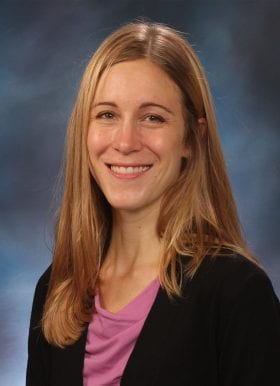
Gretchen Meyer, PhD
Assistant Professor, Physical Therapy
- Email: meyerg@wustl.edu
The Meyer lab studies the effects of muscle injury at the molecular and tissue level and the role of adipose tissue in muscle repair.
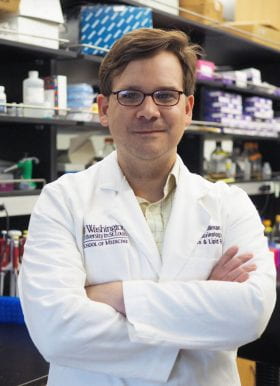
Jeffrey Millman, PhD
Associate Professor; Division of Endocrinology, Metabolism, and Lipid Research; Department of Medicine
- Email: jmillman@wustl.edu
The Millman lab investigates novel stem cell technology and biomedical engineering approaches for the treatment of diabetes.
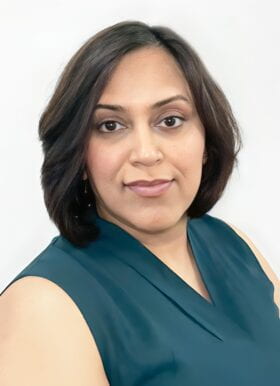
Sumegha Mitra, MS, PhD
Associate Professor of Obstetrics and Gynecology
- Email: smitra@wustl.edu
Dr. Mitra is focused on chemotherapy stress-induced mechanisms that provide resistance to endoplasmic reticulum stress and promote cell survival. She is also interested in regulating protein homeostasis to re-sensitize chemoresistant ovarian cancer to platinum drugs.
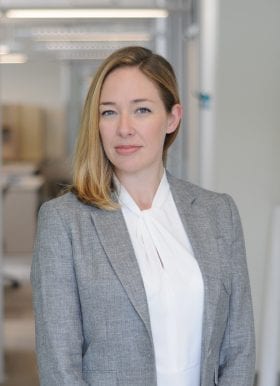
Samantha Morris, PhD
Associate Professor of Genetics and of Developmental Biology
- Email: s.morris@wustl.edu
The Morris lab studies the gene regulatory networks that define cell fate. This information is applied to engineer cell identity, and to better understand cell fate decisions in development and disease.
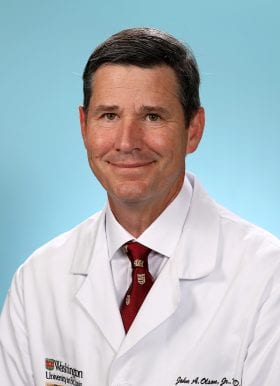
John A Olson Jr, MD, PhD
Chair, Department of Surgery, William K. Bixby Professor
The Olson laboratory investigates the molecular pathogenesis of parathyroid tumors with additional interests in parathyroid regeneration and transplantation. Clinical research within the Olson lab has focused on novel neoadjuvant therapies for breast cancer and biomarkers of breast cancer clinical outcomes.
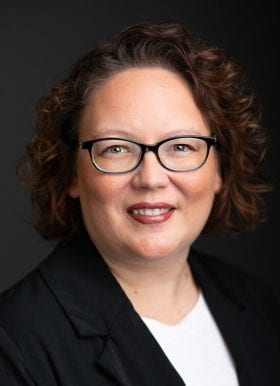
Michelle Oyen, PhD
Associate Professor, Biomedical Engineering
- Email: oyen@wustl.edu
Research in the Oyen Lab is focused on pregnancy and women's health research, particularly in engineering approaches for prevention of and intervention into preterm birth.

Hua Pan, PhD
Associate Professor, Department of Medicine
- Email: hpan@wustl.edu
The Pan Lab is studying the basic conception, development, and clinical application of novel nanostructures that serve as safe and effective delivery vehicles for therapeutic nucleotides to mitigate diseases including arthritis and cancer treatment induced vital organ injury.
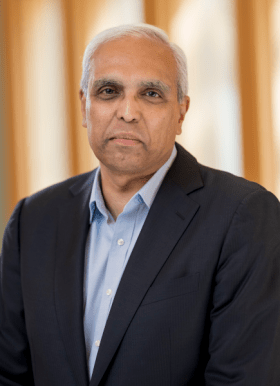
Rohit Pappu, PhD
Gene K. Beare Distinguished Professor of Biomedical Engineering
- Email: pappu@wustl.edu
The Pappu Lab studies the molecular basis of neurodegeneration, phase transitions that lead to protein and RNA condensates driven by multivalent molecules, the biophysics of intrinsically disordered proteins, and design of responsive, protein-based biomaterials. This includes multiscale computer simulations, adaptations and developments of polymer physics theories, in vitro experiments, and collaborations that enable molecular and cellular level investigations.
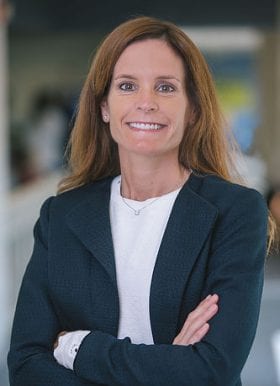
Cecilia Pascual-Garrido, MD
Assistant Professor, Orthopedic Surgery
- Email: cpascualgarrido@wustl.edu
Dr. Pascual-Garrido’s lab focuses on stem cell therapies for cartilage regeneration.
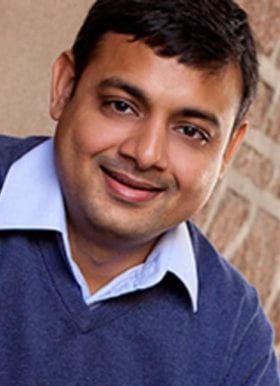
Amit Pathak, PhD
Associate Professor, Mechanical Engineering and Materials Science
- Email: pathaka@wustl.edu
The Pathak lab uses a multidisciplinary approach combining methods and concepts from biomaterials, microfluidics, molecular and cell biology, microscopy, applied mechanics, and computational modeling to investigate the ability of living cells to move through complex tissue environments.
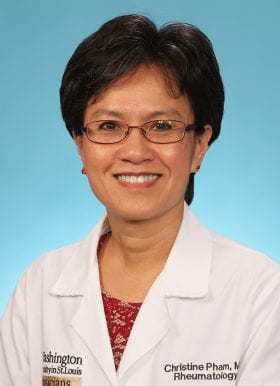
Christine Pham, MD
Guy and Ella Mae Magness Professor of Medicine and Chief of Division of Rheumatology
- Email: cpham@wustl.edu
The Pham lab focuses on understanding the contribution of innate immunity to inflammatory and rheumatic diseases. They also develop nanomedicine and regenerative medicine approaches for the treatment of arthritis.
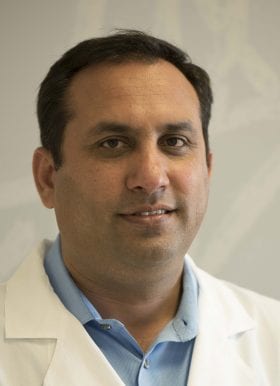
M. Farooq Rai, PhD
Assistant Professor, Department of Orthopedic Surgery
- Email: rai.m@wustl.edu
Dr. Rai is interested in understanding the early molecular mechanisms that orchestrate changes in knee joint after injury and lead to the development of post-traumatic osteoarthritis.
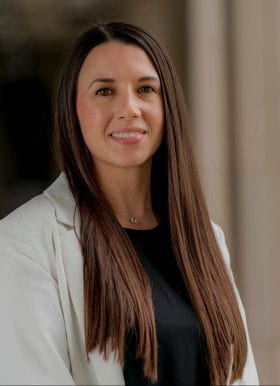
Alexandra Rutz, PhD
Assistant Professor, Biomedical Engineering
- Email: rutzalexandral@wustl.edu
The Rutz lab is focused on bridging living systems and technologies through the design of materials and development of advanced manufacturing methods.

Mark Sands, PhD
Professor, Division of Oncology, Department of Medicine
- Email: mssands@wustl.edu
The Sands lab studies the underlying pathophysiology of lysosomal storage diseases and develops therapies to treat them.
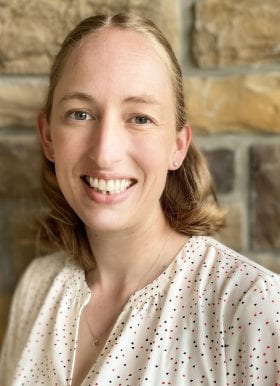
Erica L Scheller, DDS, PhD
Executive Director, Center of Regenerative Medicine; Associate Professor of Medicine; Associate Professor of Cell Biology and Physiology
- Email: scheller@wustl.edu
The Scheller laboratory synthesizes concepts from cell biology, physiology, and bioengineering to study the relationships between the nervous system and the skeleton. They have a directed interest in understanding how neural signals contribute to skeletal homeostasis, and how perturbations to this system contribute to bone loss, impaired healing, and altered regeneration. They also seek to understand how skeletal cells and proteins coordinate and regulate nerve regeneration in and on the bone.
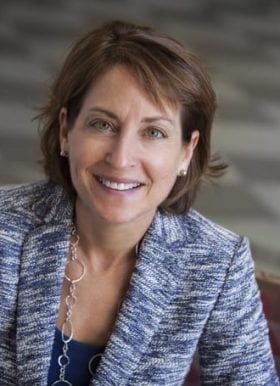
Lori Setton, PhD
Lucy & Stanley Lopata Distinguished Professor and Chair of Biomedical Engineering
- Email: setton@wustl.edu
The Setton Lab focuses on engineering and design of novel materials and drug depots to support regeneration of tissues of the musculoskeletal system.
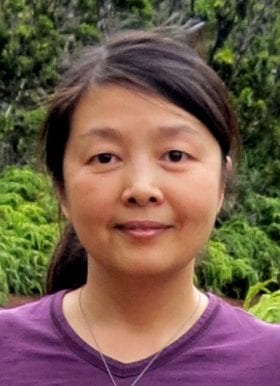
Hua Shen, PhD
Instructor, Orthopedic Surgery
- Email: hshen22@wustl.edu
Dr. Shen's group studies biological and mechanical factors that regulate tendon development, injury, and repair, as a basis to develop new therapeutic approaches to improve tendon healing.

Jie Shen, PhD
Assistant Professor, Orthopedic Surgery
- Email: shen.j@wustl.edu
The Shen laboratory recently works on epigenetics of degenerative and regenerative processes in the muscuoskeletal system, e.g. osteoarthritis and bony fracture. They employ unbiased approaches to study the genomic and epigenomic alterations in skeletal diseases.
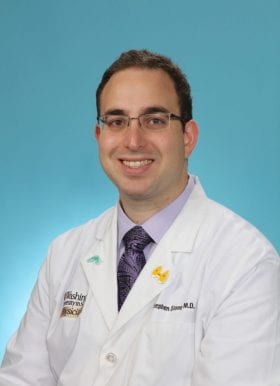
Stephen Stone, MD
Instructor, Department of Pediatrics
- Email: sstone@wustl.edu
Dr. Stone studies the role of Fibroblast Growth Factors in Severe Insulin Resistance Syndromes. His research uses both murine and stem cell based models to better understand these rare and debilitating conditions, with the ultimate goal of providing new therapies for these patients.
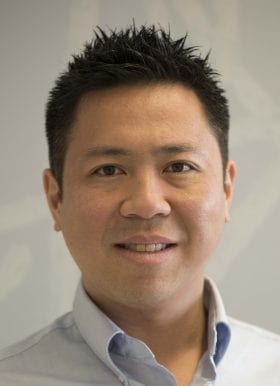
Simon Tang, PhD
Associate Professor, Orthopedic Surgery
- Email: simon.tang@wustl.edu
The Tang lab integrates engineering and biology approaches to investigate mechanisms of degeneration relating to bone fragility and intervertebral disc degeneration, with an emphasis in the role of advanced glycation endproducts (AGEs) and RAGE signaling on the cells and tissues of the skeletal system.

Daniel Thorek
Associate Professor, Radiology
- Email: thorekd@wustl.edu
We are interested in infection and metastasis to the bone, materials for combating these pathologies, and quantitative imaging and targeted therapeutics to treat disease.
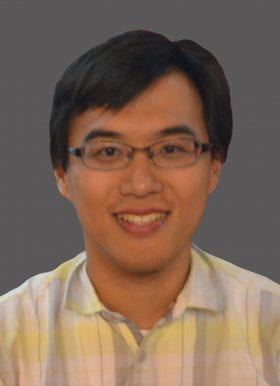
Tony Tsai, MD, PhD
Assistant Professor, Developmental Biology
- Email: tonytsai@wustl.edu
The Tsai Lab is interested in the interplay between mechanical and biochemical signals underlying robust pattern formation and morphogenesis in the zebrafish embryos.